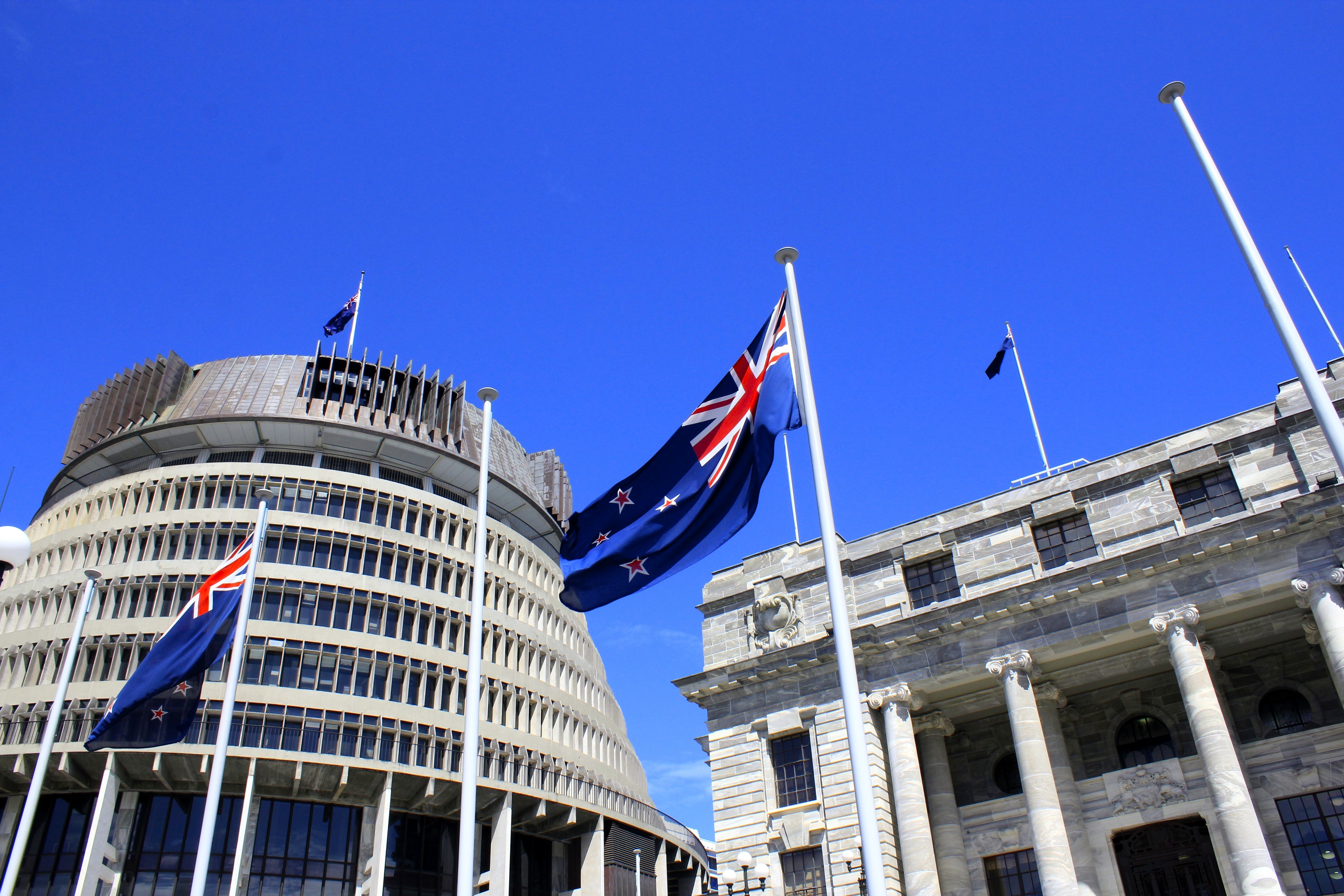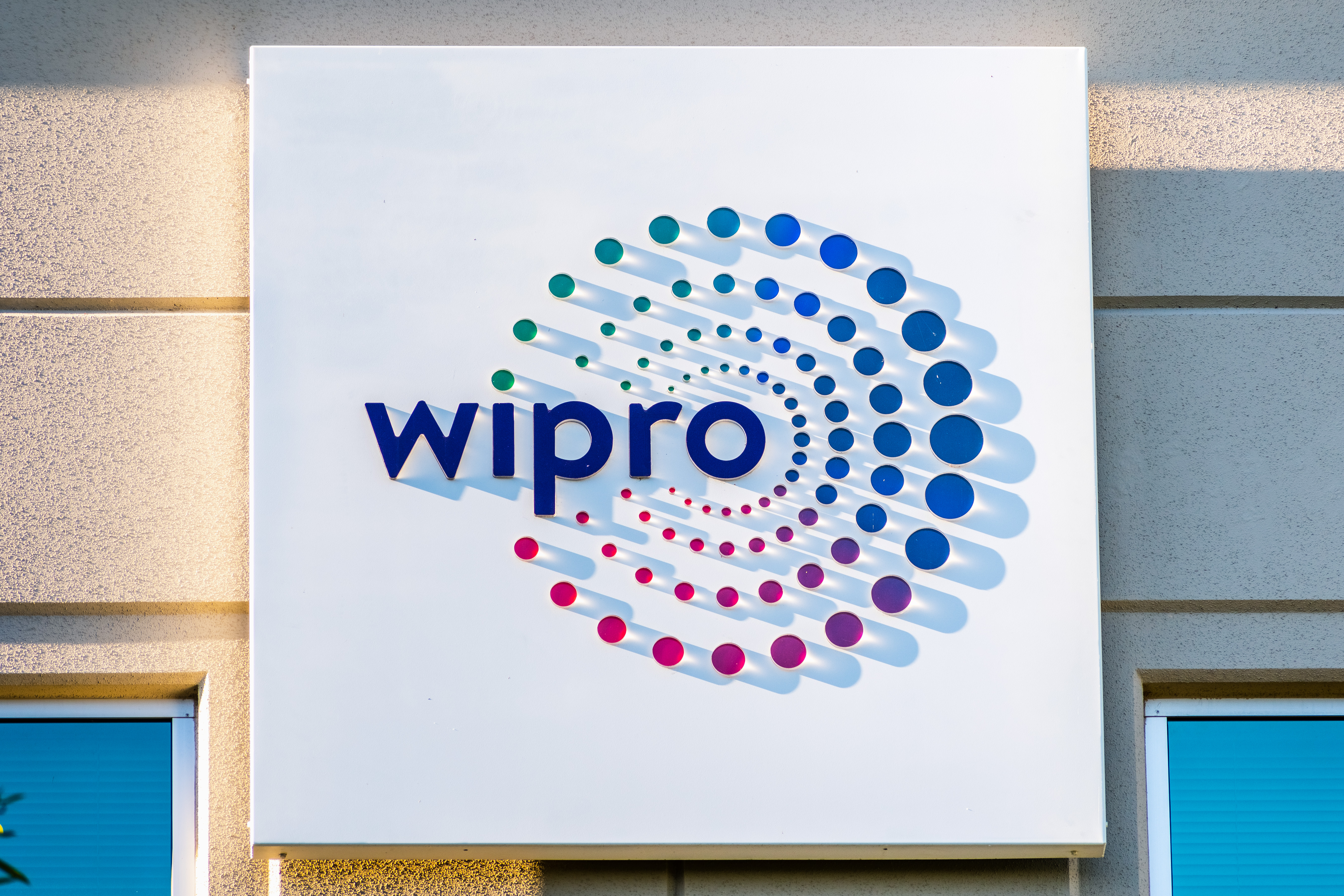New Zealand to develop ethical AI strategy based on trust
The country is also exploring establishing a Centre for AI and looks to position itself as a society for the future


Sign up today and you will receive a free copy of our Future Focus 2025 report - the leading guidance on AI, cybersecurity and other IT challenges as per 700+ senior executives
You are now subscribed
Your newsletter sign-up was successful
New Zealand is developing an approach to supporting the ethical adoption of AI, focusing on building an AI ecosystem on a foundation of trust, equity, and accessibility.
The government published a draft Industry Transformation Plan (ITP) on Friday to support the continued growth of the country’s technology sector, and now awaits feedback from industry and other parties to refine the action plan. It outlines key areas that need to be targeted, including increasing its digital technologies exporters, developing its digital skills and talent pipeline, creating a SaaS community, and building Māori participation in the tech sector.
The new AI strategy is part of this plan and is structured around five cornerstones. It states that AI must be a trusted technology, and willingness to use it should come from a clear understanding of the benefits and implications of the technology and confidence that safeguards are in place to mitigate risk.
It also highlighted that the AI economy will drive investment into the country and position it as a society for the future. The plan underlined that AI will have an impact on the country’s workforce and productivity, so it needs to understand the implications of the technology on citizens and equip workers with the necessary digital skills to be a part of the AI economy.
It also aims to position New Zealand businesses as internationally recognised as developers of safe, innovative, and creative AI, and for the country to be a trusted and willing partner in global AI. Lastly, the plan stated that the AI ecosystem will need a set of solid foundations, like proper governance arrangements or a data and digital infrastructure.
The New Zealand government is also considering whether to establish a Centre for AI to provide an independent and visible focal point to grow understanding of AI and other data driven technologies. This would help domestic and international colleagues engage with each other and help them understand the complex nature of AI and the risks it poses.
“The success of this ITP requires us to form a consensus view on the scope of our ambition and how this can be achieved with actions and initiatives that are sufficiently realistic to bring about meaningful change – both short and longer term,” said David Clark, minister for the Digital Economy and Communications.
Sign up today and you will receive a free copy of our Future Focus 2025 report - the leading guidance on AI, cybersecurity and other IT challenges as per 700+ senior executives
RELATED RESOURCE

“By providing a framework and forum for leadership, cooperation and collaboration, the processes we set up together over the next 12 months will give us a chance to embed digital technologies as a major contributor to our future transformed economy.”
The government is now seeking feedback from industry and other interested parties to refine the action plan, before creating a final ITP that will address short and long-term opportunities and challenges for the sector. The ministry of business, innovation, and employment invites interested parties to make a submission by 31 March, 2022.
Zach Marzouk is a former ITPro, CloudPro, and ChannelPro staff writer, covering topics like security, privacy, worker rights, and startups, primarily in the Asia Pacific and the US regions. Zach joined ITPro in 2017 where he was introduced to the world of B2B technology as a junior staff writer, before he returned to Argentina in 2018, working in communications and as a copywriter. In 2021, he made his way back to ITPro as a staff writer during the pandemic, before joining the world of freelance in 2022.
-
 AWS CEO Matt Garman isn’t convinced AI spells the end of the software industry
AWS CEO Matt Garman isn’t convinced AI spells the end of the software industryNews Software stocks have taken a beating in recent weeks, but AWS CEO Matt Garman has joined Nvidia's Jensen Huang and Databricks CEO Ali Ghodsi in pouring cold water on the AI-fueled hysteria.
-
 Deepfake business risks are growing
Deepfake business risks are growingIn-depth As the risk of being targeted by deepfakes increases, what should businesses be looking out for?
-
 Boomi snaps up former MuleSoft executive as APJ channel lead
Boomi snaps up former MuleSoft executive as APJ channel leadNews Global software veteran Jim Fisher will work to expand the company’s channel operations across the region
-
 Why Microsoft Teams has only just launched in China
Why Microsoft Teams has only just launched in ChinaNews The tech giant has officially launched Teams via its local partner in China, after it was launched globally in 2017
-
 UK startup's Equinix deal marks step towards broad quantum computing access
UK startup's Equinix deal marks step towards broad quantum computing accessNews Businesses around the world will be able to use its quantum computing as a service platform through Equinix
-
 MI5 to establish new security agency to counter Chinese hacking, espionage
MI5 to establish new security agency to counter Chinese hacking, espionageNews The new organisation has been compared to GCHQ’s NCSC, and will provide companies advice on how to deal with Chinese companies or carry out business in China
-
 UK set to appoint second-ever tech envoy to Indo-Pacific region
UK set to appoint second-ever tech envoy to Indo-Pacific regionNews The role will focus on India after Joe White was made the first technology envoy, a role focused on the US, in 2020
-
 Wipro faces criticism after cutting graduate salaries by nearly 50%
Wipro faces criticism after cutting graduate salaries by nearly 50%News Graduates were given days to decide whether they would accept greatly reduced pay offers, prompting union action
-
 Freshworks appoints Sandie Overtveld as new SVP of APJ and MEA
Freshworks appoints Sandie Overtveld as new SVP of APJ and MEANews The digital transformation veteran brings years of regional expertise to lead Freshworks’ growth strategy
-
 Suncorp signs three-year Azure deal to complete multi-cloud migration by 2024
Suncorp signs three-year Azure deal to complete multi-cloud migration by 2024News The financial services firm seeks to wind down its on-prem data centres and wants 90% of its workloads in the cloud by the end of the year
